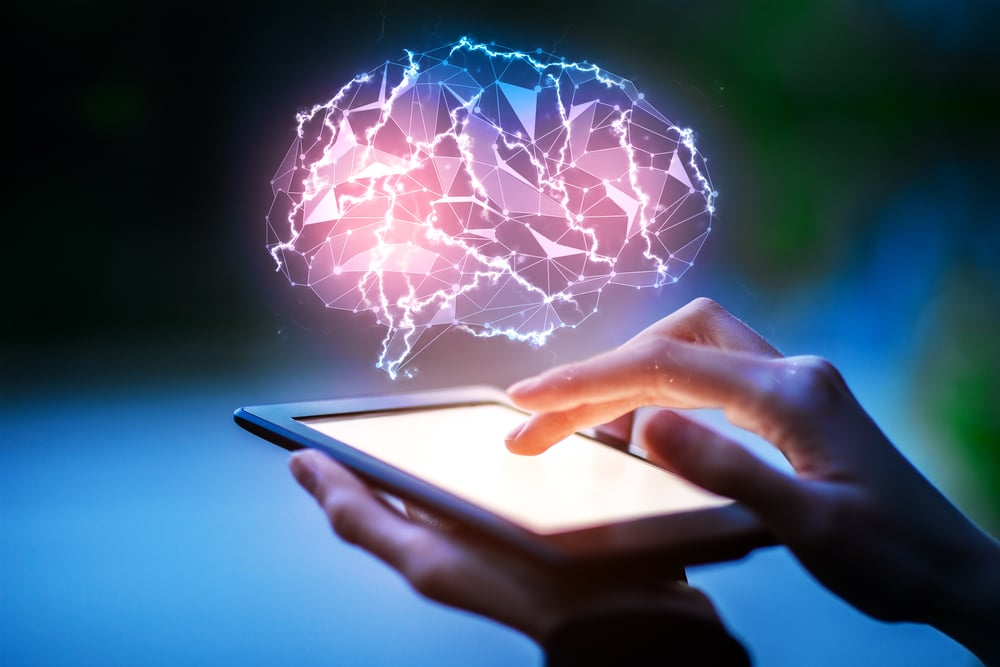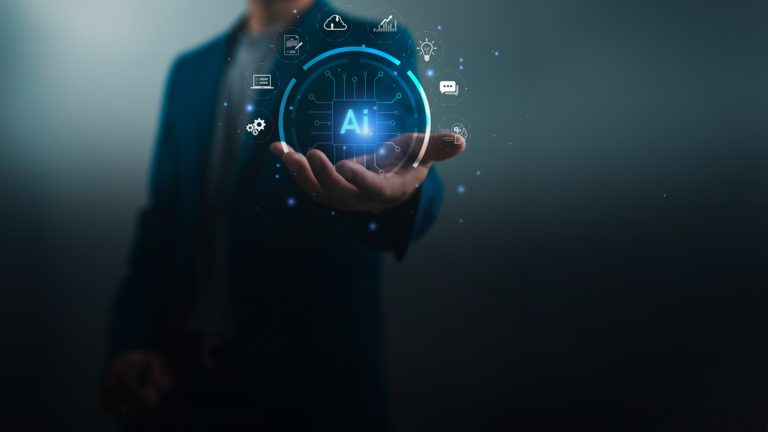A 2023 Detailed Guide on Deep Learning Certification Curriculum

- What is the Eligibility Criteria for a Deep Learning Certification Program?
- How Long Does it Take to Complete a Deep Learning Certification Program?
- What Topics are Covered in the Curriculum of a Deep Learning Certification Program?
- What Key Skills Will You Develop in a Deep Learning Certification Program?
- What are the Career Prospects After Completing a Deep Learning Certification Program?
- Kick-Start Your Data Science Journey With Emeritus
A decade ago, no one would have imagined Artificial Intelligence (AI) to be a game-changer. While AI and its subfields, machine learning, and deep learning, have existed for years, recent technological advancements have made them an integral part of everyone’s lives. Today, they are used to enhance interaction between humans and machines. Indian companies across industries actively use AI to gain an edge over their competitors. A report by The Indian Express states that 60% of Indian companies use AI in marketing, sales, and customer care. If you wish to thrive in AI, now is the right time to build a career. You can do so with a deep learning certification course.
A career in AI leads to different career paths in machine learning and deep learning. When choosing between machine learning and deep learning, one must prefer the latter because it’s gaining momentum due to its capability to effectively handle big datasets and perform data-related tasks faster than other AI techniques. If you are planning to build a career in deep learning, enrolling in a deep learning certification course is the first step in the right direction. Read ahead to learn more about the deep learning certification course.
What is the Eligibility Criteria for a Deep Learning Certification Program?
 Every course has prerequisites, conditions that every learner must meet to be eligible for the course. For this kind of course, aspirants must be familiar with programming, statistics, and common machine learning concepts. However, many edtech courses do not require prior experience in machine learning or coding. Aspiring learners should carefully read the eligibility criteria for individual courses and pick one that best fits their experience.
Every course has prerequisites, conditions that every learner must meet to be eligible for the course. For this kind of course, aspirants must be familiar with programming, statistics, and common machine learning concepts. However, many edtech courses do not require prior experience in machine learning or coding. Aspiring learners should carefully read the eligibility criteria for individual courses and pick one that best fits their experience.
How Long Does it Take to Complete a Deep Learning Certification Program?
Developing the skills required to make a successful deep learning career can take a few weeks to months. This can be explained by the fact that the duration of a deep learning certificate program depends on factors such as the program’s structure, curriculum, and content delivery method, among others.
ALSO READ: Future of AI: How to Leverage AI to Make Better Career Choices
What Topics are Covered in the Curriculum of a Deep Learning Certification Program?
Deep learning certification programs cover a wide range of topics. These topics are offered via interactive sessions, live case studies, industry expert sessions, and peer-to-peer learning and interaction. Below are the learning outcomes of deep learning certificate programs, followed by the topics covered in the course.
- Understand neural network architectures and how they are used in deep learning algorithms
- Get a preliminary understanding of how autoencoders work in a deep learning algorithm
- Enhance technical capabilities to solve real-world problems using AI technologies
- Implement best practices to reduce errors in machine learning systems and understand complex machine learning settings
- Build and train different types of neural networks to facilitate smooth human and machine interaction
Meanwhile, here are some topics covered in the curriculum of a deep learning certification program.
1. Deep Learning Fundamentals
Deep learning is a branch of machine learning. It attempts to simulate the behavior of the human brain in machines. Deep learning drives many artificial intelligence applications to improve performance and complete tasks without human intervention. Learn about the definition, benefits, and challenges of deep learning and the real-life use cases of deep learning. Also, you get to understand the critical deep learning tools and techniques. Furthermore, you will be well-versed in Keras and TensorFlow (an open-source library). Simply put, this topic focuses on the theoretical framework of deep learning.
2. Neural Network
A neural network teaches computers to process data inspired by the human brain. It uses interconnected nodes that resemble the human brain to help computers make sense of data. Learn how to implement neural networks. Also, understand how to use neural networks for optimizing and tuning deep learning models.
3. Artificial Neural Network (ANN)
An artificial neural network is a computational model inspired by the structure and functioning of the biological neural networks of the human brain. This topic covers the inner working of an artificial neural network and teaches learners about the layers of a fully connected ANN.
Aspirants can also learn about:
- Autoencoders
- Convolutional Neural Network (CNN)
- Recurrent Neural Network (RNN)
- Deep neural net
- Keras and TensorFlow
What Key Skills Will You Develop in a Deep Learning Certification Program?
 Deep learning certification programs are the best way for learners to build critical deep learning skills on their schedule. Learners can develop some technical skills in a deep learning certification program.
Deep learning certification programs are the best way for learners to build critical deep learning skills on their schedule. Learners can develop some technical skills in a deep learning certification program.
1. Programming Languages
A deep learning certification program makes learners proficient in commonly used programming languages, such as Python and R. These courses provide hands-on experience with deep learning libraries and frameworks like TensorFlow, Keras, and PyTorch.
2. Neural Network Architecture
A neural network architecture is made of neurons that mimic the biological behavior of the brain. Deep learning certification helps learners become proficient in neural network architectures like CNN and RNN. Aspirants will also learn how to design and train them.
Here are some soft skills aspirants develop in deep learning certification courses.
1. Model Training
Deep learning algorithms require immense amounts of data and training to function at their full capacity. A certification course helps aspirants train deep learning models using large datasets, evaluate the model’s performance, and provide adequate training.
2. Effective Communication
Deep learning professionals need effective communication skills to explain to their teams how they want work done.
3. Collaboration
Deep learning professionals work with people from various disciplines and backgrounds. Therefore, collaboration skills can help data scientists maintain cordial relationships with individuals from different fields.
4. Problem-Solving
Problem-solving skills are crucial for deep learning professionals as they encounter complex challenges in developing, training, and deploying deep learning models. A certificate course equips aspirants with practical skills to handle real-life challenges effectively.
ALSO READ: A Detailed Guide on the Meaning, Importance, and Future of Neural Networks
What are the Career Prospects After Completing a Deep Learning Certification Program?
A decade ago, not many would have believed that artificial intelligence could be a lucrative career. From face ID recognition and navigation maps to chatbots, search engines, and voice assistants—AI is an integral part of people’s daily lives. This AI evolution has resulted in abundant job opportunities. A report from The Economic Times reveals a 75% increase in AI, machine learning, and deep learning jobs. Enroll in an advanced deep learning certification course to build a successful career.
Kick-Start Your Data Science Journey With Emeritus
Emeritus offers an array of data science courses that help aspirants scale their careers. These courses familiarize learners with the fundamental concepts of deep learning, including neural networks, convolutional networks, recurrent networks, and autoencoders. Additionally, aspirants also learn how to use these deep learning concepts in real life.





